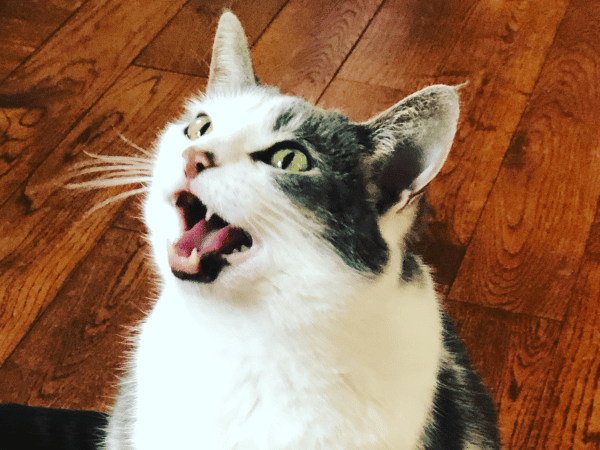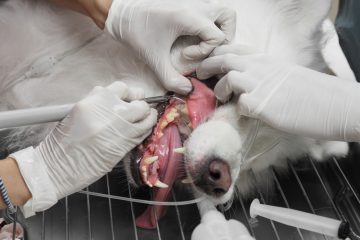Excessive Cat Meowing Crying Why It Happens What To Do Excessive cat meowing and crying can occur due to various reasons, such as hunger, attention-seeking, or medical issues. To address this behavior, it’s important to identify the underlying cause and take appropriate steps to address it, such as providing regular meals, engaging in interactive play, or consulting a veterinarian if there are concerns about your cat’s health.
Understanding the reasons behind your cat’s meowing and taking appropriate action can help create a peaceful and harmonious environment for both you and your feline friend.
Contents
Understanding Excessive Cat Meowing
Excessive cat meowing can be frustrating, but understanding why it happens can help you find solutions. Discover the reasons behind your cat’s crying and learn what you can do to address this behavior. Excessive Cat Meowing Crying Why It Happens What To Do
Reasons Behind Excessive Meowing
If you’ve ever wondered why your cat seems to be meowing more than usual, you’re not alone. Excessive cat meowing, also known as excessive vocalization, can be a cause for concern for many cat owners. Understanding the reasons behind this behavior is crucial in addressing the issue effectively. One common reason for excessive meowing is hunger. Cats are known for their ability to communicate their needs through vocalizations, and when they’re hungry, they’ll be sure to let you know. Ensuring that your cat is provided with regular and nutritious meals can help alleviate this cause. Another possible reason for your cat’s excessive meowing is boredom. Cats need mental and physical stimulation to stay happy and content. If they’re not provided with enough activities or environmental enrichment, they may resort to meowing for attention. Stress and anxiety can also trigger excessive meowing in cats. Changes in their environment, such as moving houses or introducing new members into the family, can be stressful for cats. In these situations, meowing can be a way for them to express their discomfort and seek reassurance. Medical issues can also contribute to excessive meowing. Cats may vocalize more if they’re in pain or experiencing discomfort due to an underlying health condition. It’s essential to monitor your cat’s behavior and consult a veterinarian if you suspect any medical issues.
Impact On Cat And Owners
Excessive cat meowing can have a significant impact on both the cat and their owners. For cats, excessive vocalization can be a sign of distress or unhappiness. It may also lead to increased stress levels and behavioral issues if not addressed promptly. For owners, constant meowing can be frustrating and disruptive, especially if it occurs during nighttime hours when everyone is trying to sleep. It can impair your quality of life and even strain your relationship with your beloved feline companion. Additionally, excessive meowing can be a source of concern and worry for owners, as it may indicate an underlying problem that needs attention. Monitoring your cat’s meowing patterns and seeking professional advice when necessary can help mitigate these concerns and provide peace of mind. In conclusion, understanding the reasons behind your cat’s excessive meowing is crucial in addressing the issue effectively. By identifying the underlying cause and providing the necessary attention, you can help your cat feel more content and ensure a harmonious relationship between you and your furry friend.
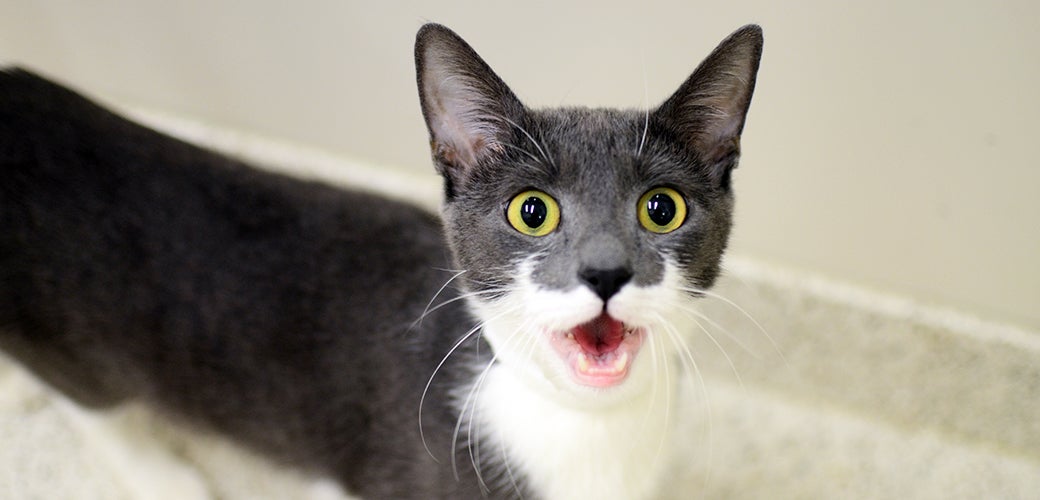
Credit: http://www.aspca.org
Common Causes Of Excessive Cat Meowing
Excessive cat meowing can be a cause of concern for many cat owners. While occasional meowing is normal, persistent and excessive meowing can be a sign of an underlying issue. Understanding the common causes of excessive cat meowing can help you address the problem effectively. In this article, we will explore some of the common causes of excessive cat meowing and provide you with tips on what you can do to help your feline friend.
Attention-seeking Behavior
Cats are known to seek attention from their owners, and excessive meowing can be their way of getting it. Some cats may meow excessively as they crave attention or feel lonely or bored. It is their way of communicating their needs to you.
If your cat’s excessive meowing is due to attention-seeking behavior, there are a few things you can do to address it:
- Ensure your cat has plenty of toys and interactive activities to keep them engaged and entertained.
- Spend quality time with your cat, providing them with affection, playtime, and mental stimulation.
- Try to establish a consistent routine and provide them with a predictable environment, which can help reduce their need for attention-seeking behavior.
Hunger Or Thirst
Cats are known for their strong instincts, and one of those instincts is to be vocal when they need to eat or drink. Excessive meowing can be your cat’s way of telling you that they are hungry or thirsty.
If you suspect that hunger or thirst is the cause of your cat’s excessive meowing, here are a few steps you can take:
- Ensure your cat’s bowl is always filled with fresh water.
- Stick to a regular feeding schedule and ensure your cat’s meals are balanced and appropriate for their age and health.
- Consider providing puzzle feeders or interactive toys that can slow down their eating and provide mental stimulation.
Medical Issues
Sometimes, excessive meowing can be a sign of an underlying medical issue. Cats may meow excessively if they are in pain, discomfort, or feeling unwell. It’s crucial to rule out any medical issues by consulting with a veterinarian.
If your cat’s excessive meowing is due to a medical issue, your veterinarian can diagnose and treat the underlying problem. They may recommend medications, dietary changes, or other interventions to alleviate your cat’s discomfort and reduce their excessive meowing.
In conclusion, excessive cat meowing can have various causes, including attention-seeking behavior, hunger or thirst, and medical issues. By understanding the root cause of your cat’s excessive meowing, you can take appropriate measures to address the problem and ensure your feline friend’s well-being.
Tips To Address Excessive Cat Meowing
Excessive cat meowing can be addressed by first understanding why it happens. Possible causes include hunger, loneliness, or a medical issue. To address this behavior, ensure that your cat’s needs are met by providing regular meals, and companionship, and taking them to the vet if necessary. Excessive Cat Meowing Crying Why It Happens What To Do.
Regular Feeding Schedule
Establishing a regular feeding schedule can help reduce excessive cat meowing. Cats are creatures of habit, and when they know they will be fed at certain times, they are less likely to constantly cry for food. Create a routine by feeding your cat at the same times each day, making sure to provide enough food to satisfy their needs. Consider using an automatic feeder if you have a busy schedule that makes it difficult to adhere to a consistent feeding routine.
Creating A Stimulating Environment
Cats are curious and intelligent animals that need mental and physical stimulation to thrive. Boredom can often lead to excessive meowing as a way for cats to seek attention. To address this, provide your cat with a stimulating environment filled with toys, scratching posts, and hiding spots. Consider rotating their toys to keep things interesting and engaging. Additionally, invest in puzzle toys or treat-dispensing toys that encourage them to work for their food, keeping them mentally stimulated and entertained. Excessive Cat Meowing Crying Why It Happens What To Do.
Playing And Exercising With Your Cat
Playing and exercising with your cat is crucial to prevent excessive meowing. Engaging in interactive play sessions not only helps your cat burn off energy but also strengthens the bond between you and your feline companion. Use toys such as feather wands or laser pointers to encourage active play. Aim for at least two 15-minute play sessions per day, ensuring your cat gets the exercise and mental stimulation they need. By providing regular playtime and exercise, you can help alleviate any pent-up energy that may lead to excessive meowing.
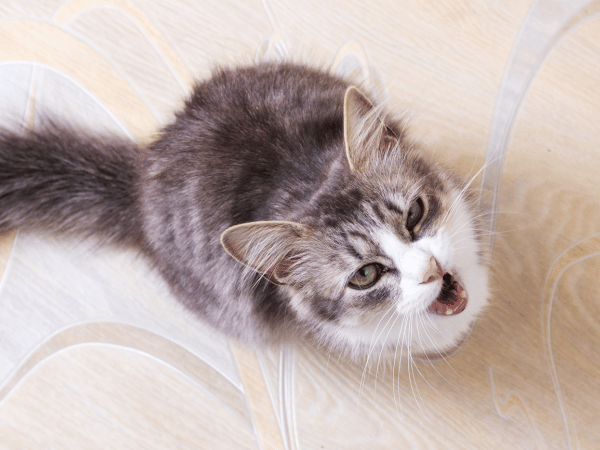
Credit: www.splootvets.com
When To Seek Professional Help
If your cat’s excessive meowing or crying persists even after trying various strategies to address the issue, it might be time to seek professional help. Persistent excessive meowing can indicate an underlying problem that requires the expertise of a veterinarian or animal behaviorist. Excessive Cat Meowing Crying Why It Happens What To Do.
If your furry friend continues to meow excessively despite your attempts to address the behavior, it could be a sign of an underlying health or behavioral issue. A qualified professional can help determine the cause of the excessive meowing and develop a tailored plan to alleviate it. Excessive Cat Meowing Crying Why It Happens What To Do.
When your cat’s meowing suddenly changes in frequency, volume, or tone, it could be a cause for concern. Sudden changes in meowing behavior may indicate pain, discomfort, stress, or anxiety. Consulting a professional can help you identify the reason behind these changes and provide appropriate solutions.
- Schedule a visit with a trusted veterinarian to rule out any possible medical conditions that may be causing your cat’s excessive meowing. Medical issues such as hyperthyroidism, urinary tract infections, or dental problems can contribute to changes in meowing behavior.
- If medical causes have been ruled out, consider consulting an animal behaviorist who specializes in feline behavior. A behaviorist can assess your cat’s environment, daily routine, and interactions to identify any triggers that may be contributing to the excessive meowing.
- Work with the behaviorist to implement behavior modification techniques that address the underlying cause of the meowing. This may involve providing mental and physical stimulation, establishing a consistent routine, creating a safe and comfortable environment for your cat, or employing positive reinforcement training methods. Excessive Cat Meowing Crying Why It Happens What To Do.
- Monitor your cat’s progress and make adjustments as necessary. Professional guidance can help you track and manage your cat’s behavior effectively.
Remember, seeking professional help for your cat’s excessive meowing is not a sign of failure but rather a proactive step toward improving their well-being. By identifying and addressing the underlying issues causing the excessive meowing, you can help your cat find relief and restore harmony to your home. Excessive Cat Meowing Crying Why It Happens What To Do.
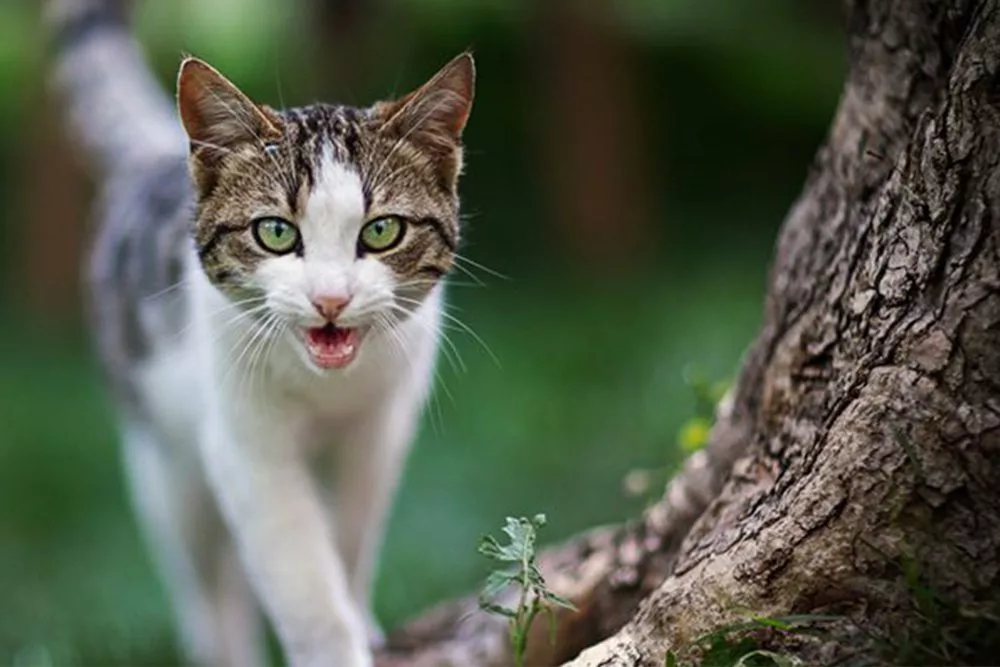
Credit: allkindsvet.com
Frequently Asked Questions On Excessive Cat Meowing Crying Why It Happens What To Do
How Do I Get My Cat To Stop Meowing Obsessively?
To stop your cat from meowing obsessively, try the following: Provide regular meal times and play sessions, ensure they have enough stimulation, check for any health issues, create a calm environment, and avoid rewarding the behavior with attention. Excessive Cat Meowing Crying Why It Happens What To Do.
What To Do If Your Cat Won’t Stop Crying?
If your cat won’t stop crying, first check for any immediate needs like food, water, or a clean litter box. If those are met, it may be seeking attention, so play with it or offer affection. If the crying persists, it could be a sign of pain or illness, requiring a visit to the vet for further evaluation.
Why Is My Cat Meowing And Crying So Much?
A cat meows and cries a lot due to various reasons, including hunger, thirst, stress, loneliness, illness, or seeking attention. Ensure their basic needs are met and provide companionship and stimulation to keep them calm and content. Consulting a veterinarian may help identify any underlying health issues. Excessive Cat Meowing Crying Why It Happens What To Do.
Conclusion
To address excessive cat meowing and crying, understanding the underlying reasons is crucial. By identifying factors such as attention-seeking behavior, hunger, stress, or medical issues, cat owners can take appropriate steps to address this behavior. Engaging in interactive play, providing enough mental and physical stimulation, ensuring a consistent feeding schedule, and consulting with a veterinarian can help alleviate excessive meowing and crying in cats. Excessive Cat Meowing Crying Why It Happens What To Do.
By actively addressing their needs, cat owners can create a calm and peaceful environment for their feline companions. Excessive Cat Meowing Crying Why It Happens What To Do.

